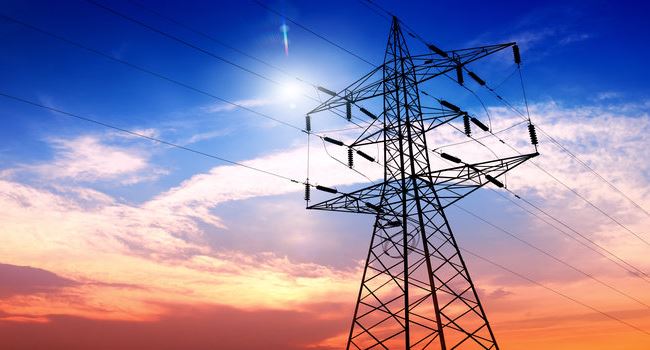Business
Senate blames Nigerian govt for insolvency in power sector

The Senate on Tuesday blamed the Nigerian government for the insolvency currently witnessed in the nation’s power sector, noting that Ministries, Departments and Agencies (MDAs) owed Distribution Companies (Discos) more than N98 billion for electricity consumed.
Gabriel Suswam, Chairman of the Senate Committee on Power, who spoke at the end of a three-day investigative public hearing christened “Power Sector Recovery Plan and the Impact of COVID-19 Pandemic,” said the Discos had been unable to recover the money owed them over time, thereby creating the problem of insolvency in the industry.
“We are spending huge amount of money paying for debt that is already owed. We must begin to focus on how to address the issue of infrastructural deficits in the power sector. “Let’s spend money on metering. Let’s at least meter about 80 per cent of those connections leading to the network and then be able to collect enough money to make the sector liquid.
“There are lots of issues and those issues must be aligned. And that is what we are trying to do in this public,” he said.
Read also: Nigeria loses $29bn every year to power sector failure –Senate
Mr Suswam observed that there was a serious misalignment in the system as well as lack of proper coordination among operators in the power value chain, lamenting that nothing had been achieved despite the huge expenditure incurred by the sector.
“The blame game among them (stakeholders) has to stop. Once there is an alignment and proper coordination, there will be sanity and progress.
If Gencos generate 13,000 megawatts, and transmission is able to transmit at least 10,000 megawatts, and discos are able to absorb the 10,000, and there is proper tariff, it makes the sector solvent.
“Once there’s money in the sector, the other potential investors will come in. The banks will be able to also put in more money, so that the sector will begin to run on its own. But where we are now, it will be unthinkable that government will stop providing the intervention. Once that stops, everything will collapse.”
He said priority should be given to how to resolve infrastructure deficit in the power industry.
Join the conversation
Support Ripples Nigeria, hold up solutions journalism
Balanced, fearless journalism driven by data comes at huge financial costs.
As a media platform, we hold leadership accountable and will not trade the right to press freedom and free speech for a piece of cake.
If you like what we do, and are ready to uphold solutions journalism, kindly donate to the Ripples Nigeria cause.
Your support would help to ensure that citizens and institutions continue to have free access to credible and reliable information for societal development.
























